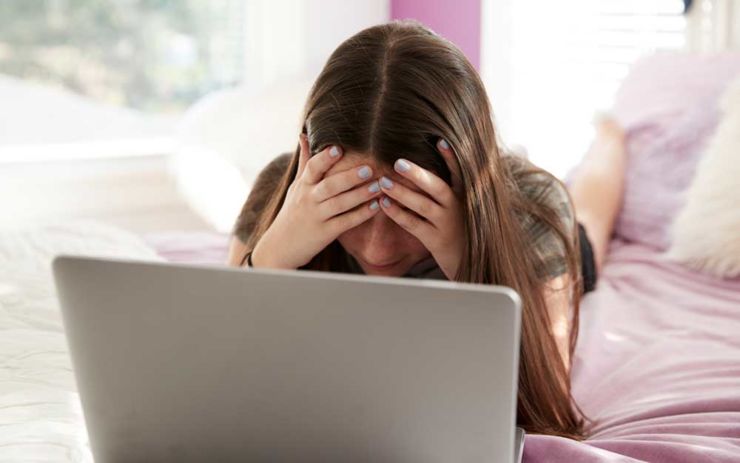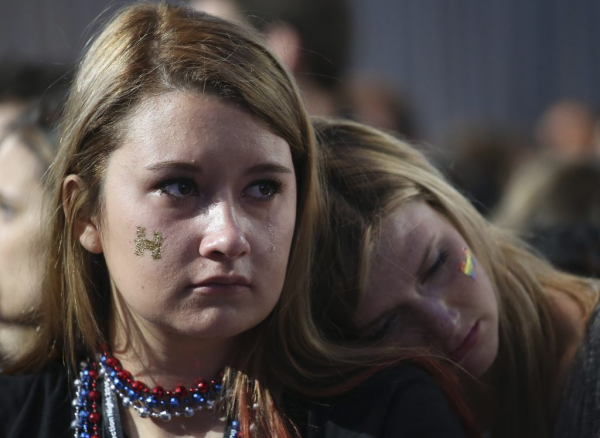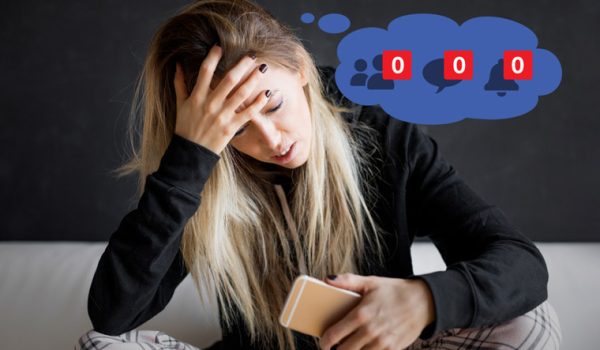Covid and adolescent mental health
On March 13th, 2020 schools were let out for what was first believed to be just a mini vacation, but ultimately, took a drastic turn which resulted in schools being let out for the rest of the school year. Since the pandemic, teens with pre-existing mental illnesses have reported that the pandemic has deepened their poor mental health due to limited access to mental health providers.
“Hiring more social workers and counselors and allowing more access to resources in order to benefit everyone’s mental health needs,” said a teacher in the NHS health department.
If adolescents were to seek attention from a mental health specialist, since the pandemic, it has made all appointments virtual which can cause opposite affects on a child’s mental well-being by not having the ability for face to face communications. Only 31.9% of children would choose online therapy over in person therapy through a study of adolescent perception of online therapy for mental health.
With the lack of resources we have for adolescents and adults it negatively impacts mental health throughout this whole pandemic and is not fair for those who are suffering because it makes them feel alone.
Personal experiences related to this issues include feelings of isolation from both peers and mental health professionals and also isolation from what they once enjoyed doing during their free time such as sports, clubs, and other extracurricular activities.
“Extracurricular activities didn’t feel the same as in previous years once they resumed and not only did you have to focus on the sport itself but you also had to focus on keeping everybody safe and following Covid-19 guidelines which put a dent in my high school experience with sports,” said Julia Kropo, a cross country and track athlete at NHS.
I, however, was hesitant to participate in any sport or extracurricular activity since Covid because mentally I was afraid due to me being someone at higher risk of contracting the virus. That fear lead to many people not wanting to continue with extracurricular activities. Whether it was fear from the adolescent themselves or fear from their parents holding them back from doing the things that once gave them joy.
Remote learning was what was brought on by students across the globe once the Covid-19 pandemic hit on March 13th,2020. With adolescents having to adjust to the change from in person to virtual learning it impacted their overall mental health in negative directions impacting their performance level in school. Students may have experienced an increase in anxiety about keeping up with assignments and difficulty staying concentrated, focused, or even motivated in their home environments.
My personal experience with online school was negative due to the isolation from friends, teachers, and my overall support. I went through a depressive episode which had a major impact on my ability to complete school work on time and made it almost close to impossible to catch up once I had returned back to in person learning.
Not only are their cons to remote learning and their impacts on adolescent mental health, there are also some positives that include flexibility in schedule, completing work at the student’s pace, and allow students to attend school from the comfort of their own homes and not have to worry about missing school due to mental health or physical health related issues.

I am a junior in Journalism 2. I want to be a psychologist. I chose to continue with Journalism because I enjoy the style of writing and writing about...








